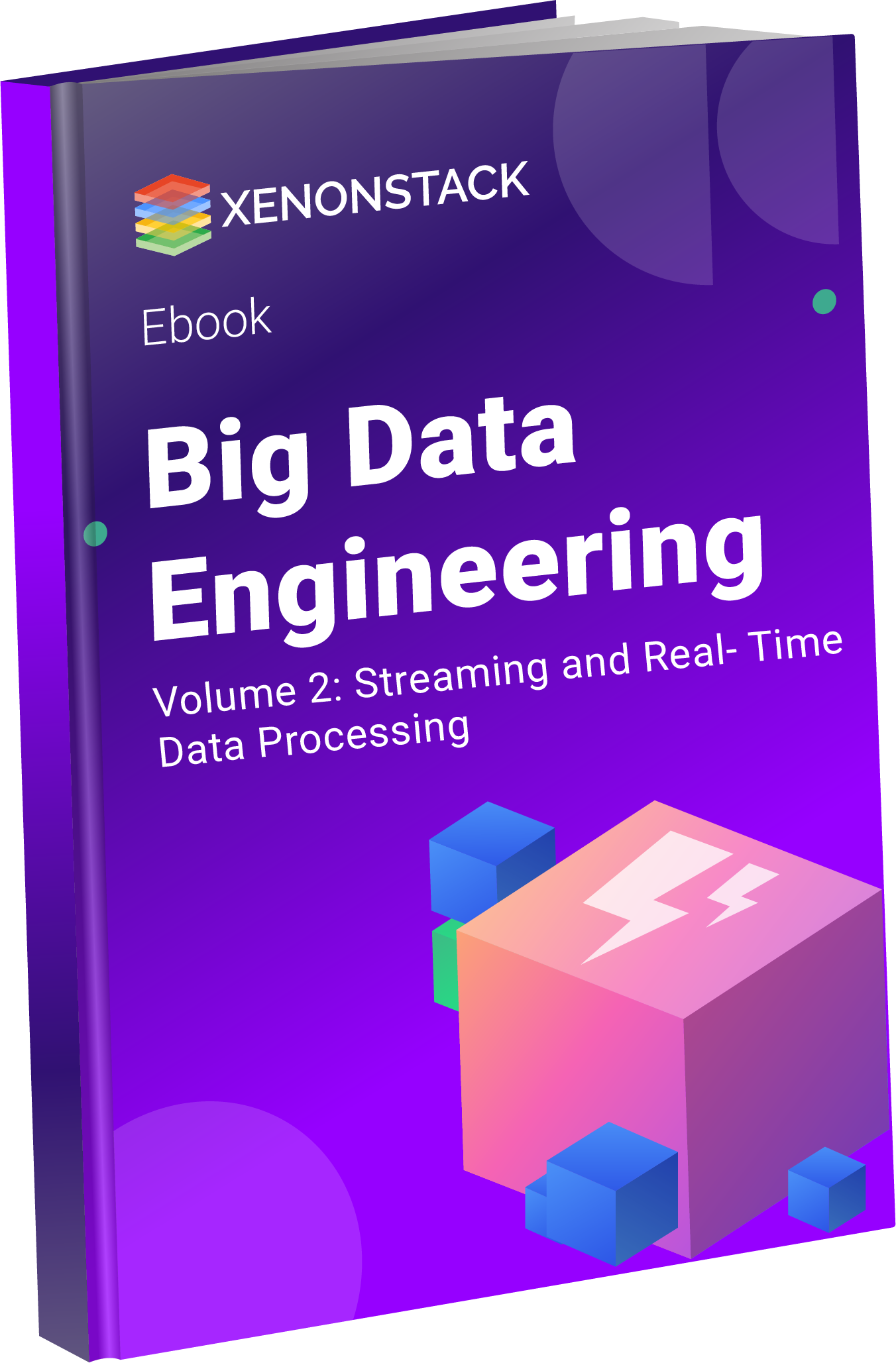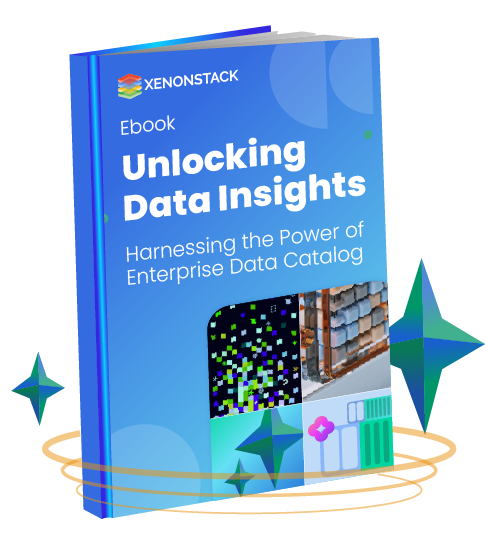20 Factors to Consider When Choosing the Right Big Data Engineering Platform for Your Business
-
Business Goals: When selecting a Big Data Engineering platform, ensure it aligns with your business objectives now and in the future. Consider your core goals and how the platform can scale to meet your evolving needs, supporting current and projected data-driven outcomes.
-
Cost: Assess whether you have the budget, time, and expertise to build and maintain an in-house Big Data Engineering solution. Evaluate the pricing structure of different platforms to ensure it fits within your financial plans without compromising performance or scalability.
-
Superior analytics: Your Big Data Engineering platform should be capable of processing vast amounts of data, identifying patterns, and providing insights to forecast trends, events, and potential business outcomes, enabling data-driven decision-making across the enterprise.
-
Visualization and User Interface: A key factor in selecting a Big Data platform is its ability to present data visually. Ensure the platform provides intuitive data visualizations and easy-to-understand interfaces that cater to both technical and non-technical users, empowering them to make informed business decisions.
-
SaaS vs On-Premise: When choosing between SaaS and on-premise Big Data solutions, consider the pros and cons of each. SaaS platforms offer cost-effective, scalable solutions with faster deployment, while on-premise solutions offer more control and customization but may require more resources for maintenance and management.

